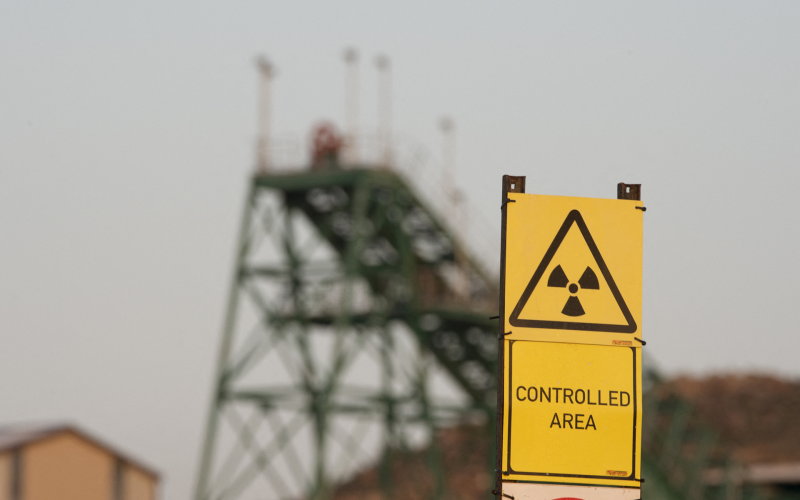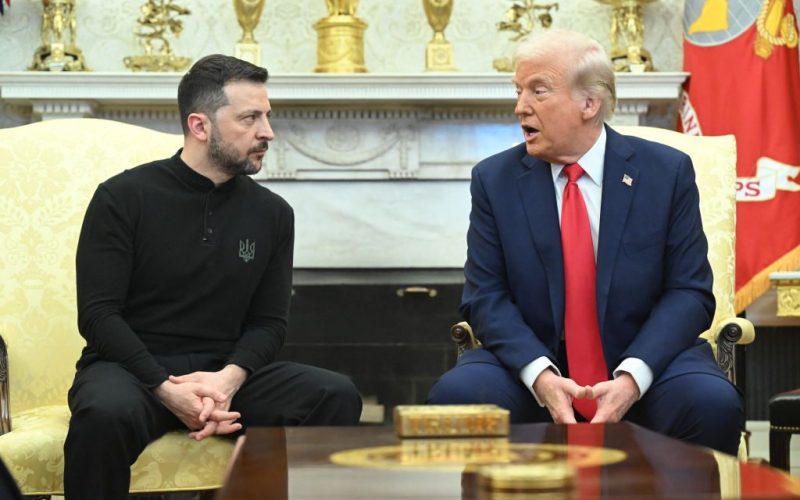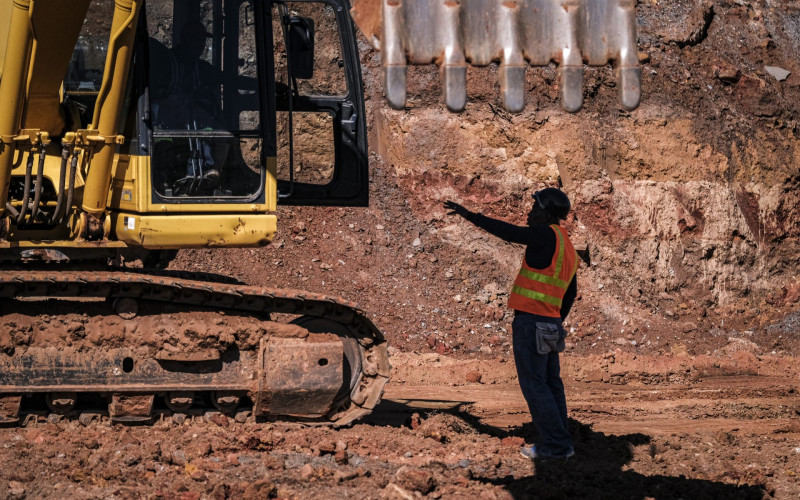Under the title ‘Governing and Harnessing Natural Resources for Africa’s Development’, the meeting sought to highlight the role that Africa’s natural resources can play in the continent’s economic transformation and socio-economic development.
The Forum was hosted by the United Nations Economic Commission for Africa in partnership with the African Union Commission and the African Development Bank. Focussing on minerals, land, fisheries and forestry, the meeting brought together various stakeholders engaged in natural resource development, governance and management from across the continent and beyond, with the aim of finding lasting solutions to the challenges standing in the way of transformative and sustainable development of the continent’s natural endowments.
While the meeting had a multi-sectoral focus, it came as no surprise that much attention was paid to minerals as a catalyst for growth and development. This emphasis was in the context of the African Union’s Africa Mining Vision adopted by Heads of State and Government in 2009 and the related 2011 Action Plan adopted by Ministers Responsible for Mineral Resources Development.
This focus was also informed by the recognition that commodities are currently in a supercycle, but one that is arguably approaching decline. The cyclical nature of commodities adds further impetus to the need for Africa to improve the policy and regulatory frameworks governing its minerals sector. This is necessary to ensure greater benefits for exporter countries from higher commodity prices as well as to shield local economies from the vagaries of commodity price volatility.
Challenges for mining and minerals
The conference highlighted general agreement on the challenges that plague mining and minerals development in Africa. The bulk of the minerals are exported as ores or in semi-processed form with little or no value added, resulting in beneficiation taking place elsewhere and low revenue streams for exporting regions. The policy, legal and regulatory frameworks governing the sector are often vague and lacking in enforceable transparency and accountability measures.
This has resulted in weak governance structures and poor resource management, a reality which has created a vacuum for rent-seeking, diversion of resource rents to private coffers, corruption and other related activities.
Many mining operations have existed in enclaves for decades failing to include local businesses in the minerals value chain, but also failing to have meaningful economic linkages to other sectors in the economy. Resource-rich African countries have generally been unable to grow their education and skills base to meet the requirements of the mining sector. This has contributed to the use of expatriate labour in the highly skilled job categories, thereby hindering local employment opportunities.
Poor geological surveying and research and development capacity has resulted in limited local knowledge on the sector and over-reliance on multinational companies.
Infrastructure backlogs have stalled the possibility of increased exports and industrialisation and this continues to undermine attempts at regional integration which would promote intra-African trade.
Other pertinent issues are environmental degradation and corporate social responsibility initiatives that are neither aligned to national development priorities nor to community needs are other challenges.
Signs of Commitment to Change?
Statistics show that the continent has seen impressive economic growth figures in the last several years but this has not translated into acceptable levels of socio-economic development. While it is clear that the major challenge lies in transforming minerals into visible improvement in livelihoods, there is no doubt that the solutions cannot be derived overnight, or indeed, in the course of a three-day conference.
However, if Africa is to even begin the road to transformation in mineral development, leaders must first recognise that drastic changes need to be made, and second, be committed to making the difficult decisions that will improve governance of the sector.
The African Union has already paved the way by committing to the Africa Mining Vision, a shared vision for using Africa’s minerals to ‘underpin broad-based sustainable growth and socio-economic development’. The AU has also committed to establishing the African Mineral Development Centre, a coordination organ to realise the goals of the Africa Mining Vision. This organ must be empowered to give effect to the Vision’s resolutions while supporting member countries to adhere to its recommendations at the regional and national levels. For this, political will at the state level is the critical ingredient.
African countries must seek innovative ways to add value to their minerals. This is not an easy recommendation as many regions such as China have already established their competitive advantage in this field. However, there are numerous areas for possible intervention along the minerals value chain. With a strategic agenda, political will and economic support, beneficiation can slowly be introduced as a means of ensuring that Africa gets much more benefit from its exports than is currently the case.
Reconciling priorities
Mineral regulation must be informed by sustainability and the need to extract the most value for the country and its people, while creating an environment which attracts both financial and social investment. While it may appear so, these priorities are not necessarily irreconcilable. Institutions for enforcing and monitoring transparency should be the backbone of any resource economy.
Such institutions must have capacity to deliver on their mandate and be respected by all parties involved in the extractives industry. Targeted interventions should address persistent sectoral vulnerabilities such as climate change imperatives and environmental degradation. While it is important for countries to get as much revenue from their minerals, it is equally important that all activities directed towards this goal are conducted in a manner which preserves the environment’s integrity for use by future generations.
Mining companies need to commit themselves to purchasing inputs locally as far as possible while linking their business operations with other sectors of the economy. For this to happen, governments must provide the requisite capacity to local businesses to assist them in the provision of high quality goods and services to the mining industry at competitive prices.
Policy interventions and concomitant resources must be directed towards training and education. This includes formal education qualifications in the sciences, artisanal and vocational training for the more technical side of operations and a wide variety of other skills that will improve policy formulation, research and development, business operations for supplying the industry with goods and services and engagement with broader society and communities.
Infrastructure development is central to any resource economy in order to facilitate operational capacity, value addition and industrialisation. This should be done to enhance efficiency in export procedures, regional integration, the promotion of intra-Africa trade and value addition. Public-private partnerships are one mechanism for achieving this goal.
Corporate social investment must be aligned to both national development priorities as well as local community needs. It is important to realise that these are not always congruent. However, where such investment will affect communities, it is those who will most acutely be affected by mining operations who should reserve the right to determine, within reason, what they deem as development. Linked to this, communities must be given a voice in mineral development through meaningful consultation and participation. This has the potential to go a long way in ensuring that mining companies operate with a social license to mine.
A Time for Transformation
It is commonly acknowledged that the abundance of minerals places Africa at a comparative advantage, the time has come for the continent to transform this into a competitive advantage that will see resource development translating into changing the livelihoods of the majority of the continent’s vulnerable populations.
Crucially, there must be meaningful, constant and outcomes-based communication between business, government and civil society in matters pertaining to resource development. Whereas there can never be absolute agreement on all issues, it is important that a strategic conversation takes place between all key stakeholders. In this way, a platform is created for devising solutions to existing and future challenges, managing expectations and fostering a workable relationship between all parties with a vested interest in mineral development.
It is important to recognise that there are no quick fixes. Any solutions that have a fighting chance of bringing positive and lasting transformation to Africa will be long-term and difficult to enforce.
There is no doubt that much works lies ahead. However, with sufficient commitment by all stakeholders to making the necessary changes, Africa can overcome its many challenges and ensure that good governance, sound resource management, economic growth, sustainability and broad-based development make the move from mere rhetoric to reality.







